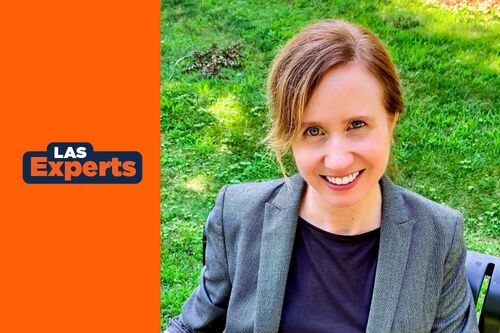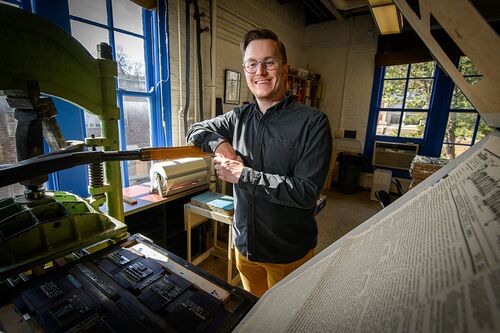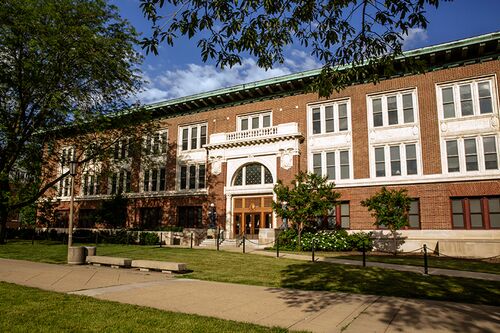The enduring influence of Kenneth Rinehart
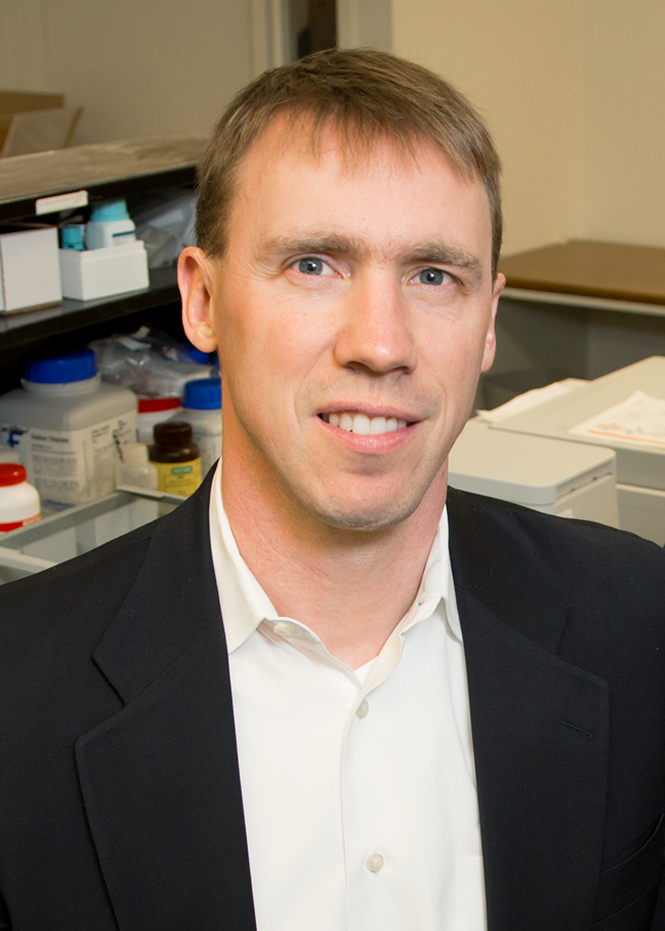
Marlyn Whitsitt came to the University of Illinois as a graduate student in English in 1957, having been awarded a teaching assistantship in rhetoric. Her first two classes were scheduled in a room in Noyes Laboratory.
Kenneth Rinehart, professor of chemistry, and his friends passed by that room on their way to lunch at the Illini Union. One day he stopped by and introduced himself to Marlyn, and it went from there. Their meeting led to marriage in 1961 and lasted 44 years.
Professor Rinehart died in 2005, leaving behind Marlyn and three sons—Kenneth III, Benjamin, and Nicholas. That life together beginning with the meeting in Noyes Laboratory led to many years of travel and adventure, often related to chemistry activities. Professor Rinehart loved his work in chemistry, Marlyn said, and enjoyed an active life of scuba-diving, mountaineering, and skiing.
“I was drawn to his spirit of excitement and adventure, and, through his encouragement, our sons and I ventured along many roads that we might not have traveled but for him,” Marlyn said.
Following his death, Marlyn established the Kenneth L. Rinehart, Jr. Endowed Chair in Natural Products Chemistry, which holds an endowment of $2 million. It was first awarded to Professor John Hartwig. After his departure from the University of Illinois, it was transferred to Professor Paul Hergenrother, the present beneficiary.
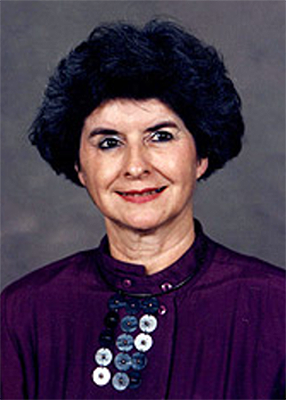
Hergenrother has utilized the funds for recent research involving antibiotics. Last spring, Hergenrother published a breakthrough paper in the journal Nature about creating more effective antibiotics. The paper outlines the discovery and development of antibiotics that affect even bacteria that have become drug-resistant.
Marlyn said her husband would have been pleased with the results of the endowment so far. Professor Rinehart came to the university in 1954 on a one-year appointment as an instructor in chemistry, having earned a bachelor’s degree from Yale, spending a year in Germany, and earning a doctoral degree from University of California-Berkeley.
He became an assistant professor, and then full professor, and was a highly valued faculty member and researcher until his retirement in 2000. During his long tenure at Illinois, Professor Rinehart taught undergraduate and graduate courses and mentored many graduate students and post-doctoral fellows.
He enjoyed an international reputation for his work in antibiotics, marine chemistry, and mass spectrometry. In earlier years he collaborated with Japanese scientists and PharmaMar SA of Spain.
Rinehart led the Department of Chemistry's marine natural products program that collected samples from the ocean floor in Puerto Rico as well as other spots around the world. In 1990, Rinehart isolated extracts from sea squirts, a marine invertebrate animal that had potential as an anti-cancer agent.
These extracts from the sea squirts were then identified as ecteinasciden, a drug that is FDA-approved for treatment of certain cancers in humans and is marketed under the name Yondelis. Professor Rinehart discovered the substance in his Illinois laboratory; the compound was then licensed to PharmaMar SA.
During his time at Illinois, Rinehart mentored many doctoral students and was instrumental in implementing the Mass Spectrometry Lab.
Though the chair was established over 10 years ago, Kenneth Rinehart’s legacy lives on and Marlyn Rinehart’s generous contributions continue to aid the Illinois chemistry community.
Regarding the endowment, Mrs. Rinehart said, “I wanted to recognize my husband for the contributions he has made to the Department of Chemistry, and to use my resources in a way that was meaningful to me. I get satisfaction making a difference to people, and I know this was meaningful to the University of Illinois in its constant need of support.”
Funding for Hergenrother’s breakthrough research involving antibiotics came from all internal sources, including the Rinehart Chair. And if it weren’t for the funds granted to him through the chair, Hergenrother’s research focuses would be less flexible.
“Unrestricted funds—of the type provided by the Rinehart Chair—are indispensable for research. The way that most federal funding works, you are tied to what you proposed in your grant,” Hergenrother said. “But some of the most exciting discoveries are made unexpectedly, and funds from the Rinehart Endowed Chair enables us to rapidly move in new directions.”






